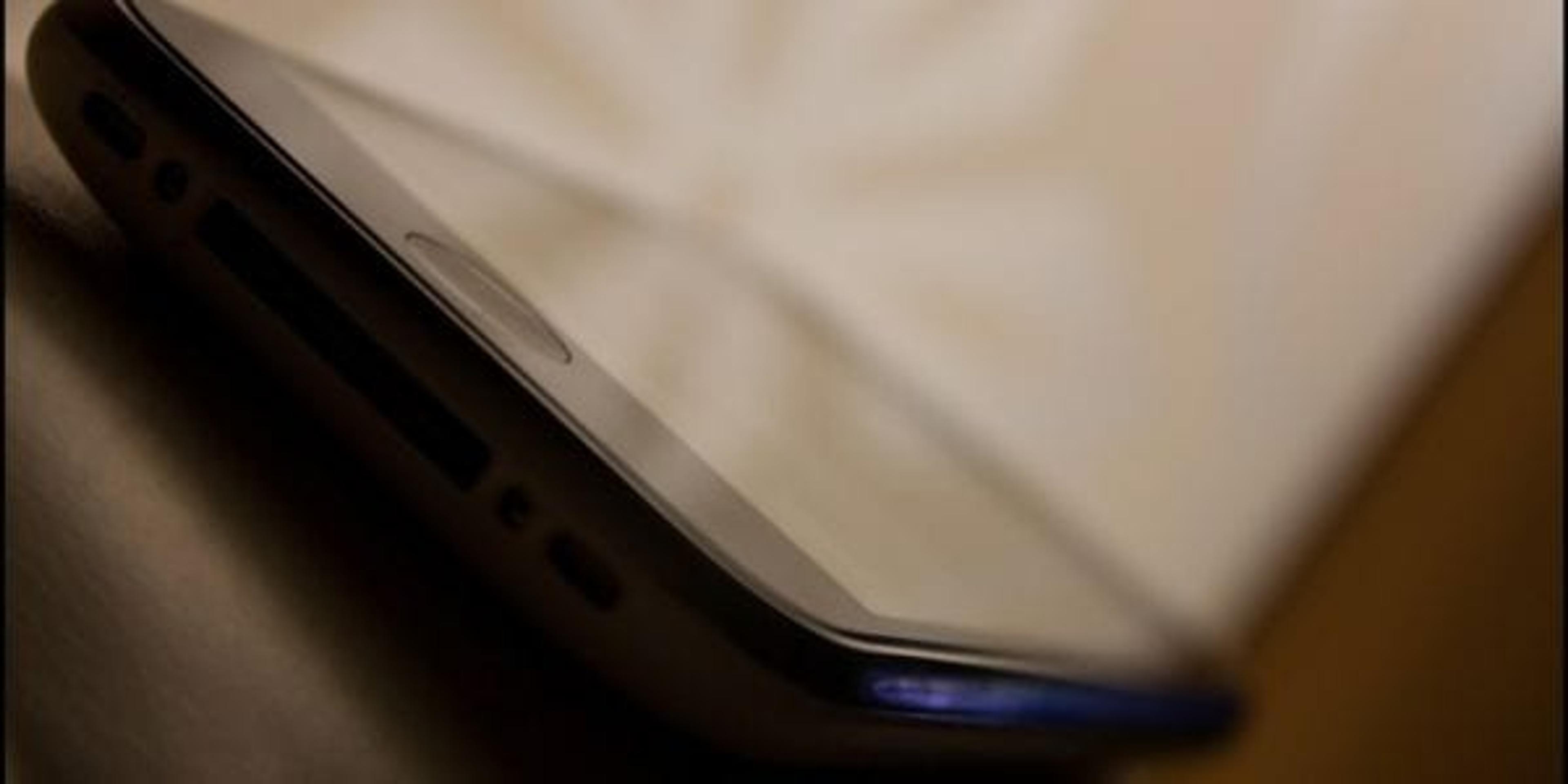Unplug to Recharge

Jillian Berndtson
| 3 min read

On average, Americans spend five hours per day on their smart phones. That’s not a typo.
The growing use of apps and incessant communication take up far more time than you may realize. While having access to the internet, apps, social media, and messaging in one device is efficient and convenient, the overuse of these smart devices has a negative impact on both mental and physical health.
Here are some things to keep in mind next time you reach for your smart device:
- Posture: Sagging shoulders and poor neck posture go hand-in-hand with smartphone usage. The adoption of this posture can cause stress on your neck and shoulders, leading to pain and tension. Next time you’re on your phone, try sitting upright, which is better for your spine, shoulders and neck.
- Sleep Patterns: Exposing your eyes to the blue light from your phone slows the release of melatonin, preventing your body from going to sleep. The act of being on your phone – responding to emails, using apps, and sending messages creates a tension in the body inhibiting sleep and relaxation as well. Unplugging thirty minutes before going to bed helps maintain your natural sleep cycle. If you leave your phone in a different room, you’ll have an even better night’s sleep.
- Focus: Simply having a device on nearby causes enough distraction to reduce productivity. One study found that individuals who heard the tone of a notification on their phones broke their concentration and were three times more likely to make mistakes. If you’re a student studying or a professional working, try turning your phone to silent and keep it out of sight. Your productivity will increase and you’ll find yourself better able to concentrate.
- Communication: Yes, cell phones make it easy to communicate regardless of location, but too much texting can diminish the quality of face-to-face interactions. One study found that students who disconnected from technology for five days improved their ability to read emotions and understand social cues. Next time you’re at a social event, keep your device hidden or leave it in your car. You’ll have more meaningful conversations when you aren’t worried about checking your notifications.
- Mental: Being constantly connected may cause unnecessary stress. The constant worry of what is happening on social media and wondering if you will receive a text has a negative impact on mental health. One main component of cell phone usage, social media, encourages the constant comparison to others’ lives, which may lead to jealousy or sadness. Try turning notifications off or logging out of social accounts. Take an extended social media break. You may just find yourself happier when you aren’t comparing what others are doing to what you are.
The best solution? Unplug. Try planning a night with no “screen time” by working out, participating in a favorite hobby, journaling, or simply resting. There are endless alternatives to using technology as a form of entertainment. Slowly build up to longer periods of time to alleviate some of the side effects associated with too much technology use.
If unplugging for a long period of time is not possible, try scheduling shorter breaks throughout the day. Go for a walk, sit outside, or meet up with one of your friends without your phone nearby. The short break will feel good and will allow you to be fully present.
How do you limit your own screen time? Share with us in the comments.
You may also like:
Photo credit: Mick C.





